|
By now, the myth of COVID-19 equality has been shattered. Anecdotal stories demonstrate that immigrants and racialized people pushed to the front lines of the economy have been working in settings with greater exposure to the COVID-19 virus. Other stories relay city clusters of high population densities or migrant workers living in close quarters. Until recently, there was no data to prove the systemic nature of these stories. But today in The Conversation Canada, a team of researchers from Western University have shown that Black and immigrant
communities in Canada are disproportionately affected by COVID-19. To do so, they creatively combined health and census data. Based on their model, the team has also predicted new COVID-19 hotspots.
Also today:
Regards,
|
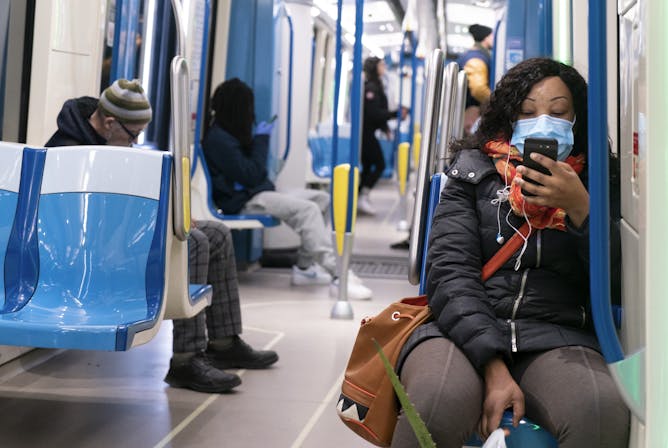
Racialized people are disproportionately at the frontlines of the economy. They may have no choice but to take public transit. Here commuters on the Métro in Montréal, a COVID-19 hotspot.
THE CANADIAN PRESS/Paul Chiasson
Kate Choi, Western University; Anna Zajacova, Western University; Michael Haan, Western University; Patrick Denice, Western University
Black and immigrant communities in Canada are more vulnerable to COVID-19.
|
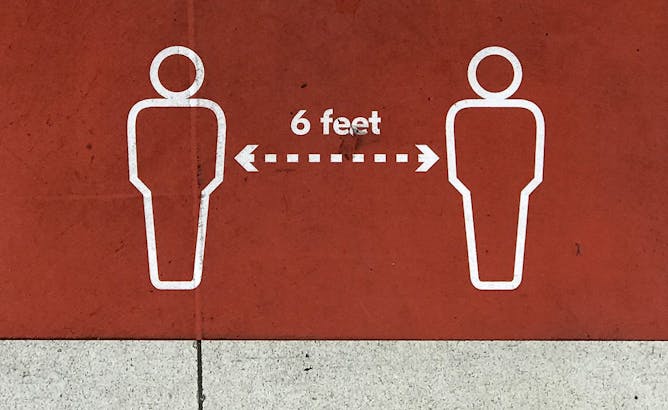
To save as many lives as possible, public health efforts must take into account our subconscious biases.
THE CANADIAN PRESS/Jonathan Hayward
Eric Cadesky, University of British Columbia
Right now, physical distancing is the most important preventive strategy we have against COVID-19. So why is it so hard for us to do what's right?
|
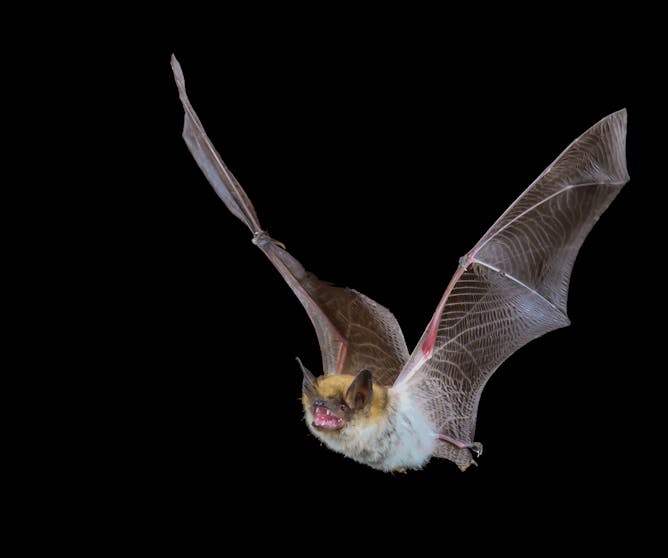
Bats are key pollinators and seed-spreaders, and keep pests away.
(Shutterstock)
Livia O. Loureiro, University of Toronto
Bats get a lot of negative press, but they also make positive contributions to the environment and to our lives.
|
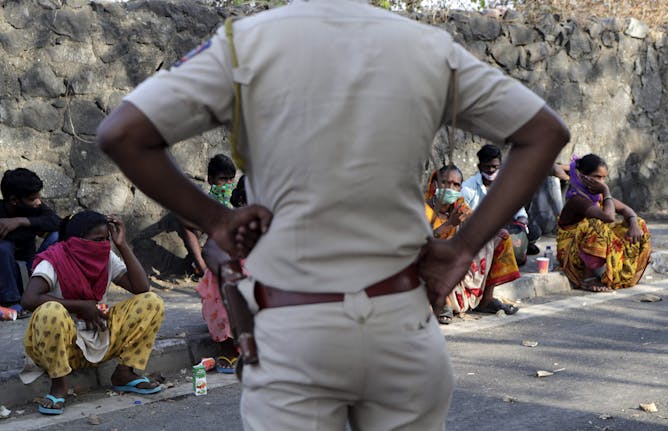
Police stop migrants from moving in Mumbai during the COVID-19 lockdown on April 28, 2020.
(AP Photo/Rajanish Kakade)
Jay Ramasubramanyam, Carleton University
During the COVID-19 pandemic, India's Narendra Modi government has been successful in scapegoating, discriminating against and marginalizing minorities, putting lives at greater risk.
|

Many people living near the Great Lakes have forgotten what a sea lamprey is.
(Shutterstock)
Oana Birceanu, McMaster University
When sea lampreys gained a foothold in the Great Lakes in the 1950s, these trout-sucking predators upended the ecosystem.
|
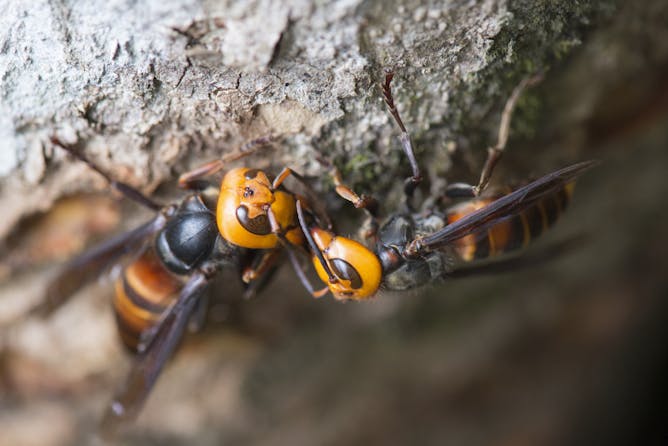
Two Asian giant hornets pass food to each other by regurgitating it.
(LiChengShih/flickr)
Spencer K. Monckton, York University, Canada
Asian giant hornets have received plenty of media attention recently. The only tangible threat they pose is to honey bees, which has nothing to do with the hornets — and everything to do with us.
|
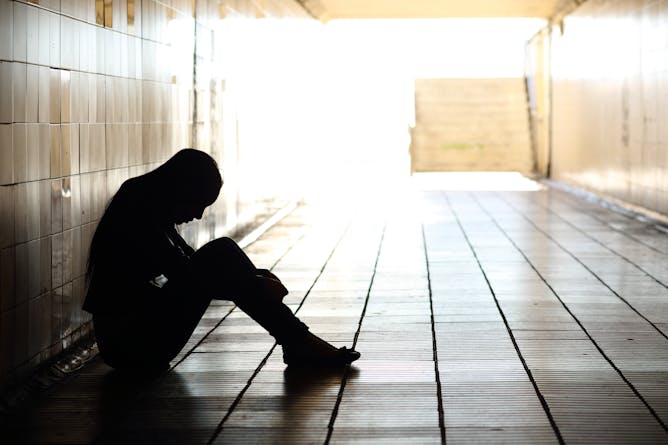
Shutterstock
Melanie M. Doucet, McGill University
Les jeunes placés à la DPJ doivent faire une transition abrupte vers la vie adulte dès leur majorité – à 18 ans. Déjà difficile en temps normal, cela peut virer à la catastrophe en pleine pandémie.
|